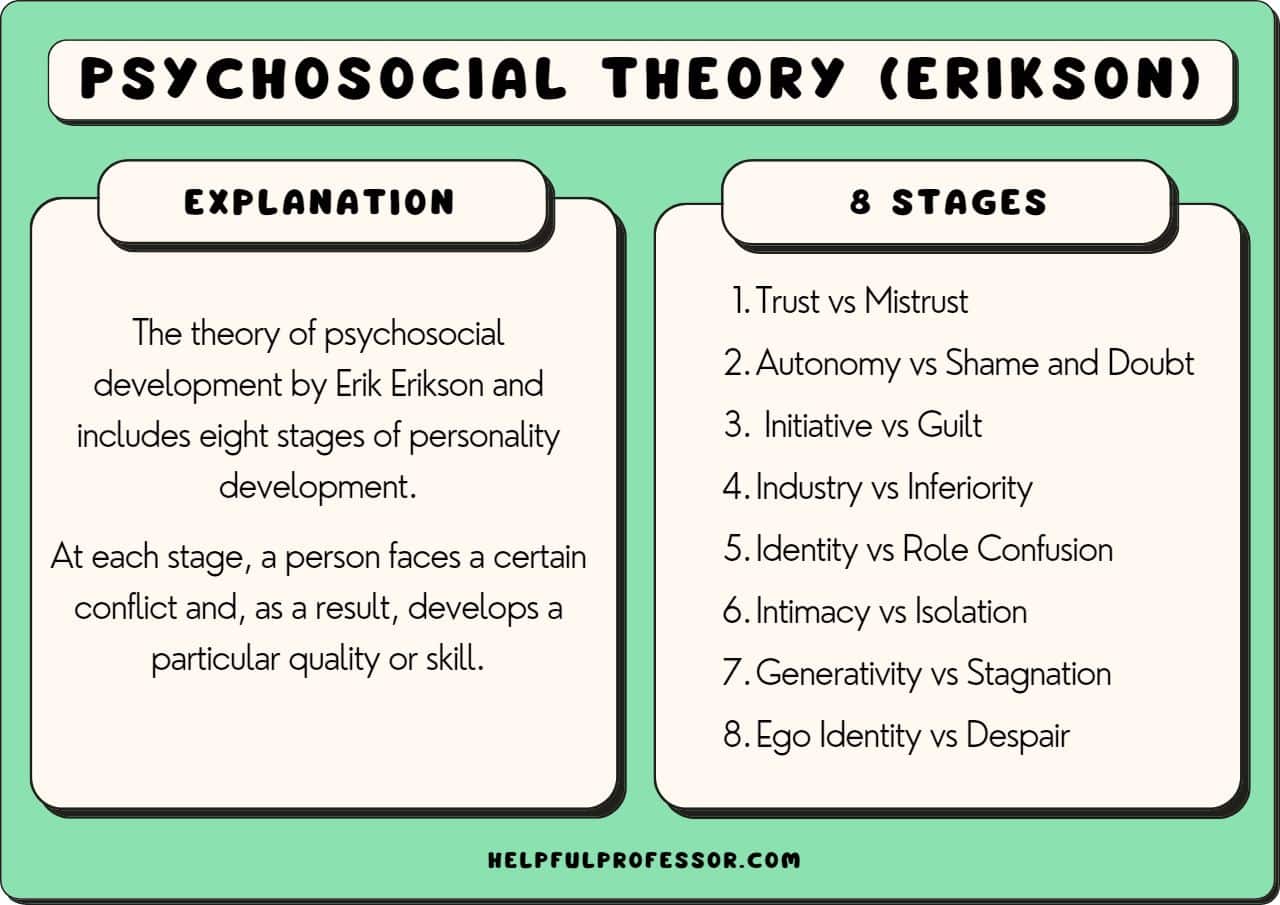
This discussion initiated by Ekaterina Damer has led to numerous suggestions from psychologists on Twitter.
Here are the majority of the suggestions, along with their respective recommenders in parentheses. I haven’t gone through these myself, but I intended to gather them all in one location. Feel free to add your own recommendations in the comments.
(Iris van Rooij)
“How does it operate?” vs. “What are the principles?” Two understandings of psychological explanation by Robert Cummins
(Djouria Ghilani)
Personal Insights on Theory and Psychology by Gerd Gigerenzer
Highlighted Works of Barry N. Markovsky
(Almost everyone, but Tal Yarkoni phrased it this way)
“Meehl articulated most of what is pertinent regarding this”
(This brings to mind, PsychBrief has been studying Meehl and offers detailed summaries here: Paul Meehl on philosophy of science: video lectures and papers)
(Burak Tunca)
What Theory is Not by Robert I. Sutton & Barry M. Staw
(Joshua Skewes)
Valerie Gray Hardcastle’s “Guidelines for constructing a theory in cognitive science”
(Randy McCarthy)
Chapter 1 of Gawronski, B., & Bodenhausen, G. V. (2015). Theory and explanation in social psychology. Guilford Publications.
(Kimberly Quinn)
McGuire, W. J. (1997). Innovative hypothesis generation in psychology: Some beneficial heuristics. Annual review of psychology, 48(1), 1-30.
(Daniël Lakens)
Jaccard, J., & Jacoby, J. (2010). Skills in Theory Construction and Model-building: A Practical Manual for Social Scientists. Guilford Press.
Fiedler, K. (2004). Instruments, playthings, maxims, and theories: Some reflections on the creative process of theory development. Personality and Social Psychology Review, 8(2), 123–131.
(Tom Stafford)
Roberts and Pashler (2000). How effective is a good fit? A commentary on theory evaluation
From the conversation, it’s evident that the theoretical crisis will be as intricate and contentious as the crisis in methods.
Updates 16 August 2018